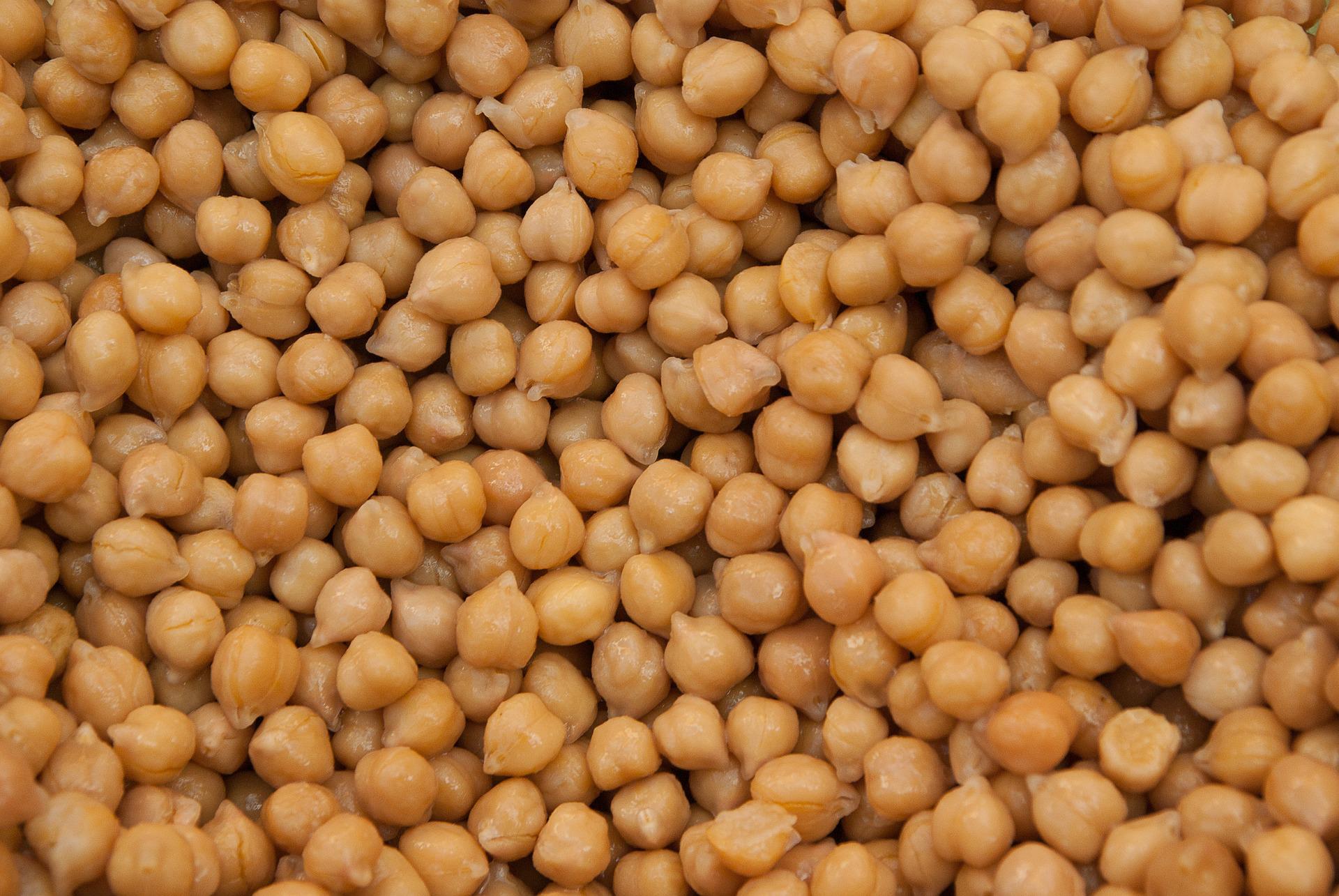The plant-based proteins sector is expected to grow to $140 billion within the decade as consumers veer towards protein alternatives such as peas, oats, soybeans and chickpeas. Chickpeas are a versatile crop that have grown in popularity over the years across the globe as a pulse-based product.
“Between 2015 to 2019, imports grew with 55%, which is exceptional for a pulse crop. At the same time, chickpea production in Europe is increasing; from 58 thousand tons in 2014 to 216 thousand tons in 2018. Spain, Bulgaria and Italy are responsible for over 90% of the production in the European Union,” according to the CBI Ministry of Foreign Affairs.
It’s no surprise that chickpeas are on the rise, as the small crop packs 14.5 grams of protein per cup. In addition to the high amount of protein, chickpeas also provide significant amounts of the B-6 vitamin.
Chickpeas contain 1.1 mg of Vitamin B6 per cup, nearly reaching the goal for the recommended daily intake.
Not only does Vitamin B6 help promote normal brain development and maintaining a healthy nervous and immune system, scientists believe it could also reduce anxiety and depression.
B6 Supplements for Mental Health
Scientists from the University of Reading investigated the effect of significant doses of Vitamin B6 on young adults. The study found that participants felt less anxious and depressed after consuming the supplements each day for a month.
“The functioning of the brain relies on a delicate balance between the excitatory neurons that carry information around and inhibitory ones, which prevent runaway activity. Recent theories have connected mood disorders and some other neuropsychiatric conditions with a disturbance of this balance, often in the direction of raised levels of brain activity,” said David Field, lead author of the study from the University of Reading.
“Vitamin B6 helps the body produce a specific chemical messenger that inhibits impulses in the brain, and our study links this calming effect with reduced anxiety among the participants.”
The study focused on the possible role of Vitamin B6, fueled by the foreknowledge that the vitamin is known for increasing the body’s production of Gamma-Aminobutyric Acid (GABA).
Over 300 participants were given Vitamin B6 or B12 supplements well above the daily recommended dose or a placebo. The study revealed Vitamin B12 had a miniscule effect compared the placebo, but Vitamin B6 showed a significant difference.
“Many foods, including tuna, chickpeas and many fruits and vegetables, contain Vitamin B6. However, the high doses used in this trial suggest that supplements would be necessary to have a positive effect on mood,” said Field.
Despite his initial hypothesis, there is still hope for chickpeas, as there is much research that still needs to be done.
“It is important to acknowledge that this research is at an early stage and the effect of Vitamin B6 on anxiety in our study was quite small compared to what you would expect from medication. However, nutrition-based interventions produce far fewer unpleasant side effects than drugs, and so in the future people might prefer them as an intervention,” concluded Field.
Read More About Plant-Based Protein:
The Science of Plant-Based Meat Substitutes
Equinom Beefs Up Plant-Based Meat Products
Alternative Protein Growth is Skyrocketing. Are You Ready for it?













